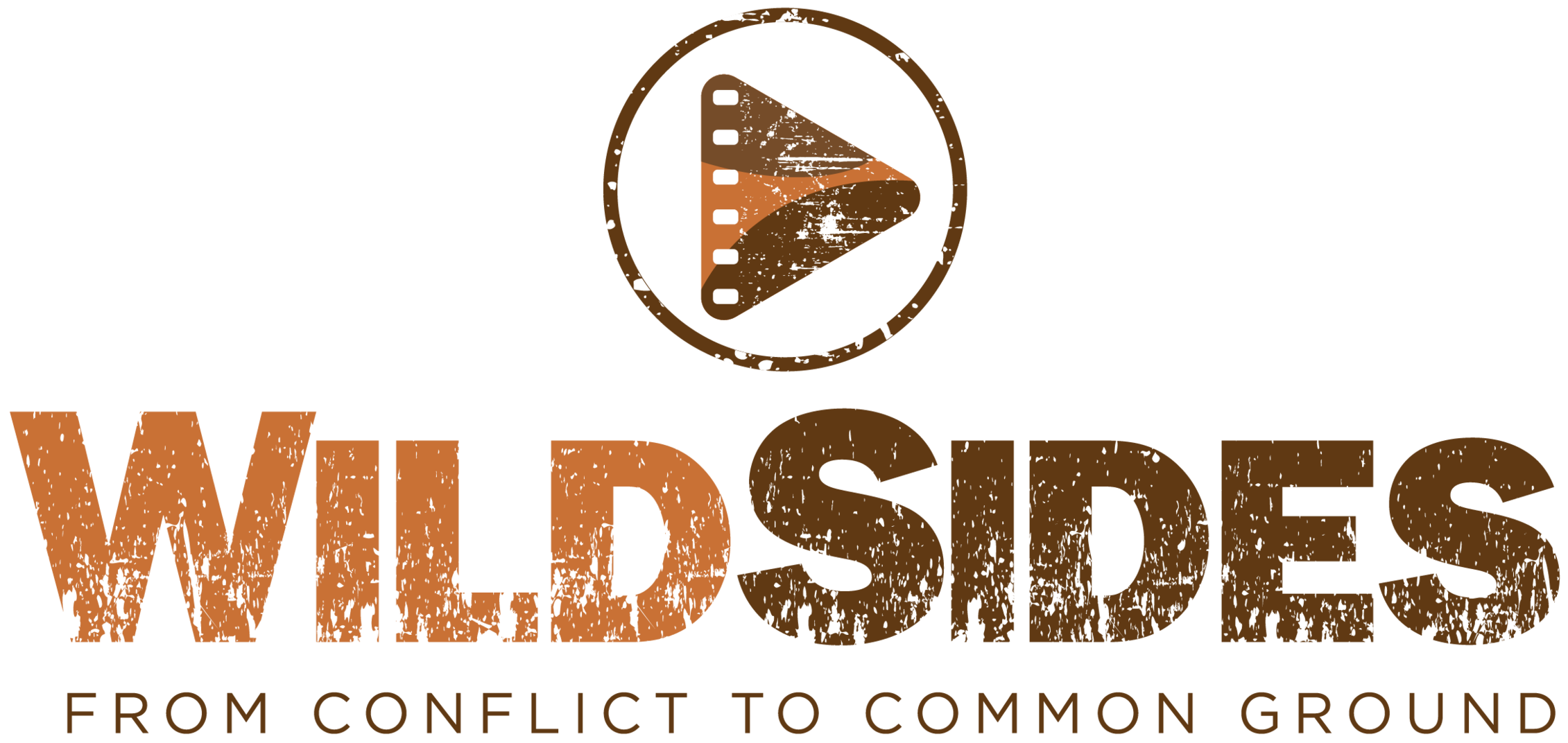Helping Birds of Prey
Facilities all over the world partner human and wildlife to help build a bridge across conflict. Carolina Raptor Center (CRC) is the largest birds of prey hospital in the U.S. They work with volunteers and staff who love wildlife to rescue, operate on and rehabilitate birds that have found themselves in harm’s way.
Jim Warren is Executive Director of the CRC located in Huntersville, North Carolina.
On Wednesday, August 3rd I had the privilege of interviewing Jim, the passionate, inspiring “owl-guy.”
Photo: © Jeffrey Mittelstadt
Warren’s love for birds of prey and wildlife was revealed throughout the interview. When asked what sparked an interest in raptors, Warren replied, their “sheer beauty, art in flight and what magnificent creatures” the birds are.
Unfortunately, most birds brought to CRC have had a negative encounter with a human. Warren shared that the largest causes include: birds hit by cars, shootings, window collisions and entanglement in fencing. “This is a 50% human causation,” Warren shares.
Humans create conflict and must address the conflict. CRC has transport volunteers who drive to pick up reported injured birds.Volunteers and staff use a mapping system to enter the bird’s location and find the nearest veterinarian or rehab center. CRC then calls a trained, equipped volunteer and sends them to the location of the raptor.
Photo: © Jeffrey Mittelstadt
Warren joked that the raptors “don’t come in with Obama Care.” Care for them is dependent upon donations from the public and CRC partners. CRC is an independent non-profit organization and they do great work for their patients all out of love and passion for wildlife.
Raptors are great bioindicators (an organism used to describe the wellbeing of an ecosystem). They help with pest control and play an important role within ecosystems. People often overlook raptors due to their vertical habitat range. In order to minimize human-caused injuries and keep raptors thriving - we must engage the public. Warren shared that citizens need to develop love and awareness for the animals before change can happen. Raptors need protection from human threats that only mankind can implement.
Jim shared that people must then be activated to do something, to make a small change in their lives that will have a big impact on raptors and the community. For example, do not litter. If you are eating an apple on your way to work - don’t throw the core out of the window when you finish. The core will attract rodents, rodents will attract raptors and raptors get hit by cars when they hunt rodents by the road. Litter causes casualties and once that is realized, change is easily made and accepted.
The CRC works in school systems and at their facility to share small changes like this that the public can make. Once one person is engaged, it’s a domino effect. First an individual, then a family, community, city, etc.
Check out the CRC website for news and upcoming events, to donate and be engaged. Be a small part of the big change.
Photos by Jeffrey Mittelstadt, WildSides


